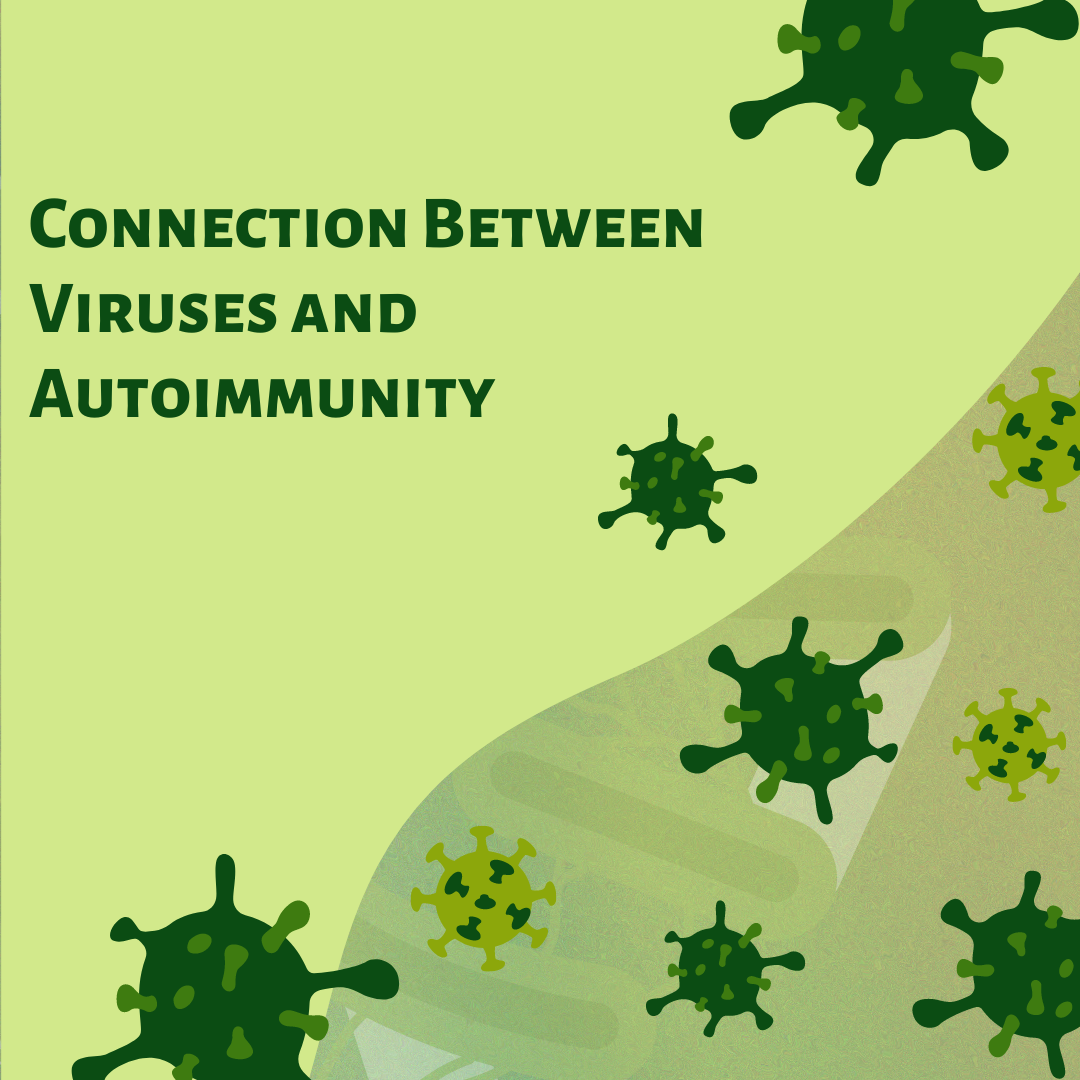The Complex Dance Between Viruses and Autoimmunity

In the intricate realm of the human immune system, the relationship between viruses and autoimmunity is a topic that continues to captivate researchers and healthcare professionals alike. While viruses are notorious for causing infections, their influence on the development and exacerbation of autoimmune diseases adds another layer of complexity to our understanding of immune responses.
The Viral Trigger:
Viruses are microscopic entities that invade host cells, hijacking their machinery to replicate and propagate. In some cases, this invasion can lead to an immune response, triggering the production of antibodies and other defense mechanisms to eliminate the virus. However, certain viruses have been implicated in the development of autoimmune diseases, where the immune system mistakenly targets the body’s own tissues.
One hypothesis suggests that viral infections can serve as a triggering event, initiating a cascade of events that lead to the loss of self-tolerance – a key feature of autoimmune diseases. The immune system, designed to distinguish between self and non-self, can become confused during viral infections, resulting in the attack on healthy tissues.
Molecular Mimicry:
A fascinating aspect of the virus-autoimmunity relationship is the concept of molecular mimicry. Some viral proteins resemble host proteins, creating confusion within the immune system. When the immune response is activated to eliminate the virus, it may inadvertently target similar-looking self-proteins, leading to autoimmune reactions.
This phenomenon is exemplified in diseases such as rheumatoid arthritis, where viral proteins and joint tissues share similarities. The immune system, primed to combat the virus, may cross-react with joint proteins, contributing to the chronic inflammation characteristic of the disease.
Viral Persistence and Autoimmunity:
Certain viruses have developed strategies for evading the immune system, leading to persistent infections. In these cases, the prolonged presence of the virus can sustain chronic inflammation, creating an environment conducive to the development of autoimmune diseases. Hepatitis C virus, for instance, has been associated with autoimmune disorders such as cryoglobulinemia and autoimmune hepatitis.
Additionally, the dysregulation of immune cells during persistent viral infections can contribute to the breakdown of immune tolerance. T cells, which play a crucial role in immune responses, may become over-activated or exhausted, further fueling the autoimmune response.
Future Directions and Implications:
As our understanding of the intricate relationship between viruses and autoimmunity deepens, researchers are exploring novel therapeutic avenues. Targeted immunomodulatory approaches, antiviral treatments, and precision medicine hold promise in managing autoimmune diseases with a viral component.
The connection between viruses and autoimmunity unveils the complexity of the human immune system. The delicate dance between these two forces highlights the need for ongoing research to unravel the underlying mechanisms and pave the way for innovative treatments that can bring harmony to the intricate web of the immune response.

